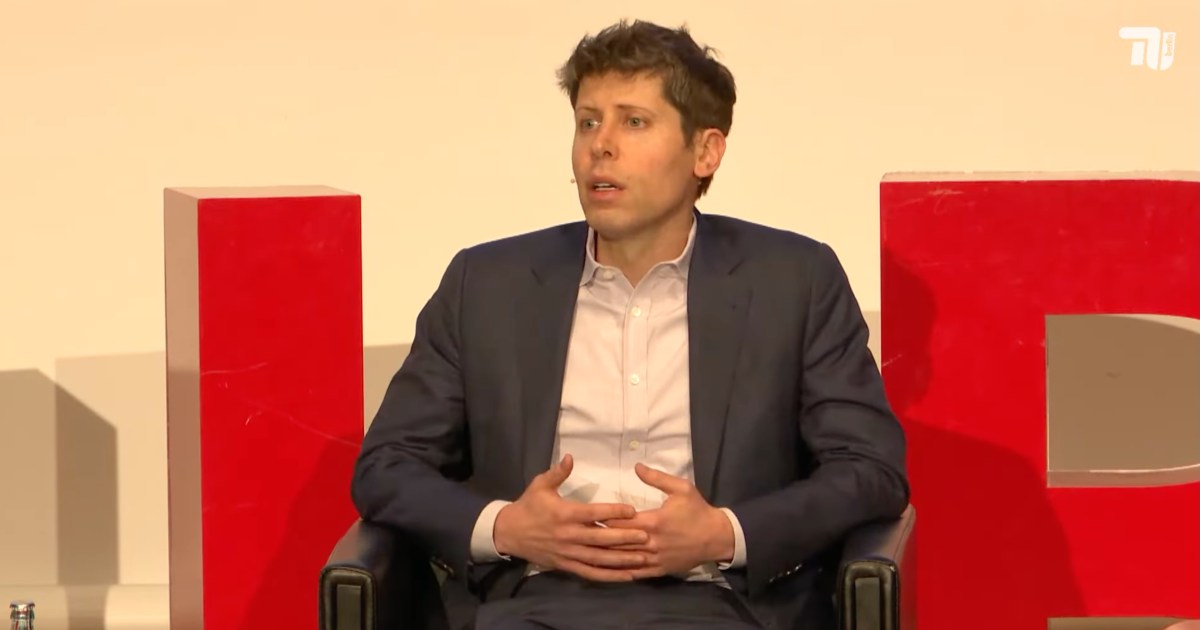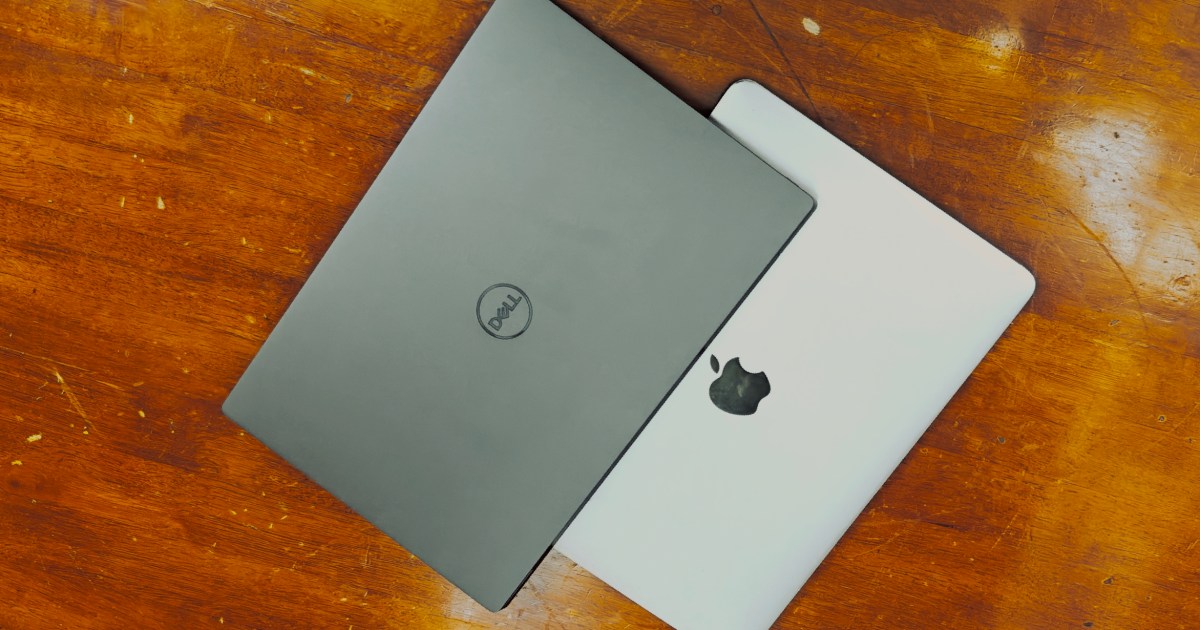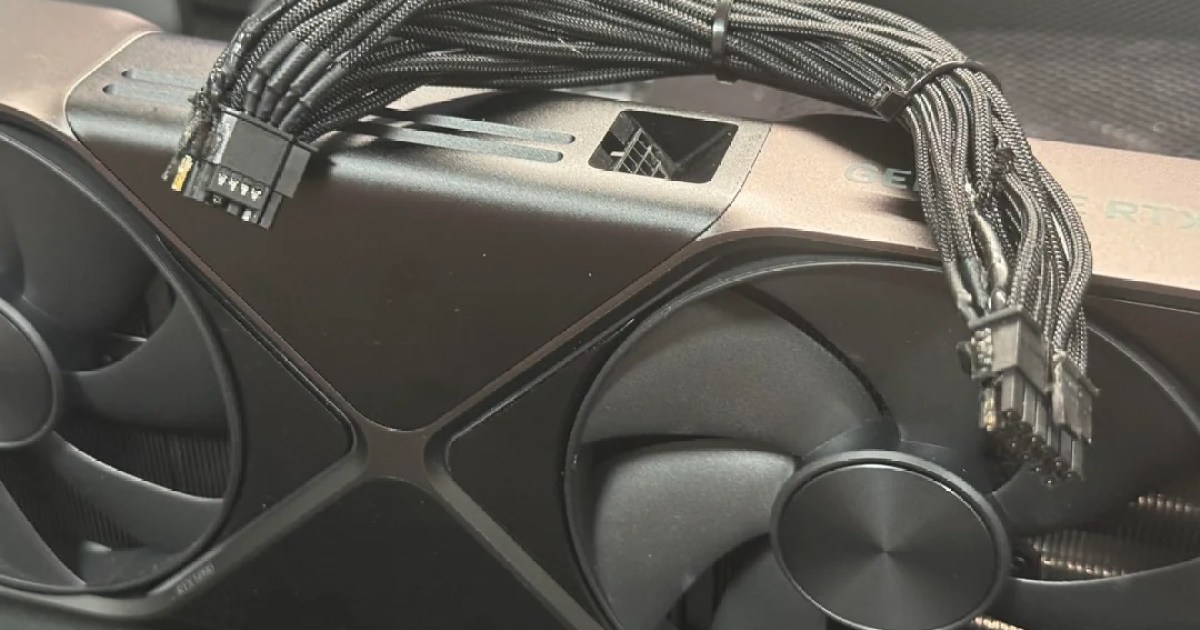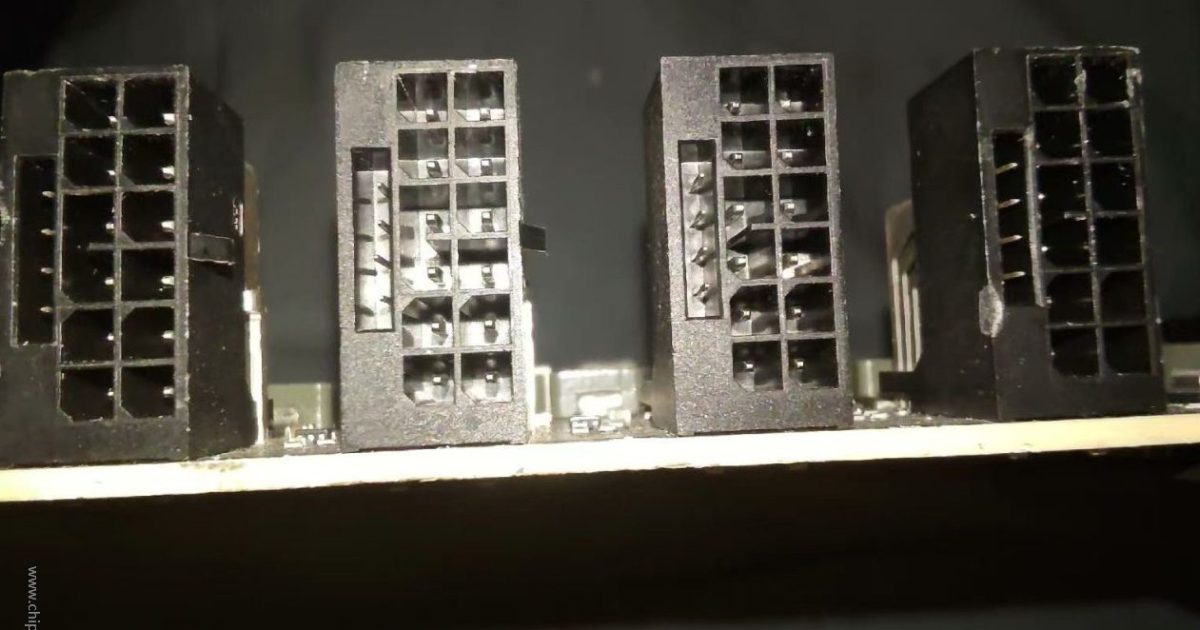OpenAI is reportedly planning to enter the custom chip market by 2025, aiming to reduce its reliance on Nvidia’s AI chips. According to an exclusive report by Reuters, the AI startup is in discussions with Taiwan Semiconductor Manufacturing Co. (TSMC) to manufacture its first generation of in-house, AI-focused silicon.
OpenAI’s Ambitious Chip Development Plan
Sources indicate that OpenAI is nearing the final design stages of its custom chip, collaborating with Broadcom on the project. The internal team, led by former Google engineering lead Richard Ho, is expected to finalize the design in the coming months. Following completion, the design will be sent to TSMC for “taping out,” an initial fabrication process using TSMC’s advanced 3-nanometer technology. This crucial step will assess the chip’s viability for mass production, potentially beginning as early as 2026.
Neither OpenAI nor TSMC have officially confirmed these reports. However, Reuters highlights the ambitious nature of OpenAI’s timeline. Developing and mass-producing a custom chip is a complex and costly undertaking. The initial “taping out” process could reveal design flaws, requiring further testing and iterations. Successfully navigating these challenges within the projected timeframe would be a remarkable achievement for OpenAI.
Strategic Implications of Custom AI Chips
A successful custom chip development would offer OpenAI significant strategic advantages. Sources suggest it would strengthen the company’s negotiating position with other chip suppliers. Furthermore, OpenAI envisions developing increasingly powerful chips in subsequent iterations, enhancing their AI capabilities over time.
OpenAI’s Competitive Landscape and Strategic Moves
OpenAI faces fierce competition in the AI sector, particularly from emerging Chinese startups like DeepSeek, which has introduced an open-source platform. This has prompted OpenAI to reconsider its closed-source approach. In response to this evolving landscape, OpenAI has made several strategic moves, including aligning with the U.S. government’s Stargate infrastructure program and pursuing a substantial investment deal with SoftBank. The company also recently unveiled a new visual rebrand, launched new products like the o3 mini reasoning model and Deep Research feature, and even aired its first Super Bowl commercial.
Limited Initial Scope of Custom Chips
Despite these ambitious plans, OpenAI remains in a startup phase. Sources indicate that even with successful development and mass production, the initial custom chips would have a limited role within the company. They would primarily focus on running AI models, while OpenAI still requires chips from other suppliers for training these models.
Conclusion
OpenAI’s pursuit of custom AI chips represents a significant step in its growth and ambition. While the endeavor is challenging and costly, success could offer substantial strategic benefits, strengthening OpenAI’s position in the competitive AI landscape. However, even with a successful launch, the initial scope of these custom chips will be limited, highlighting the ongoing evolution of OpenAI’s technology and strategy.











